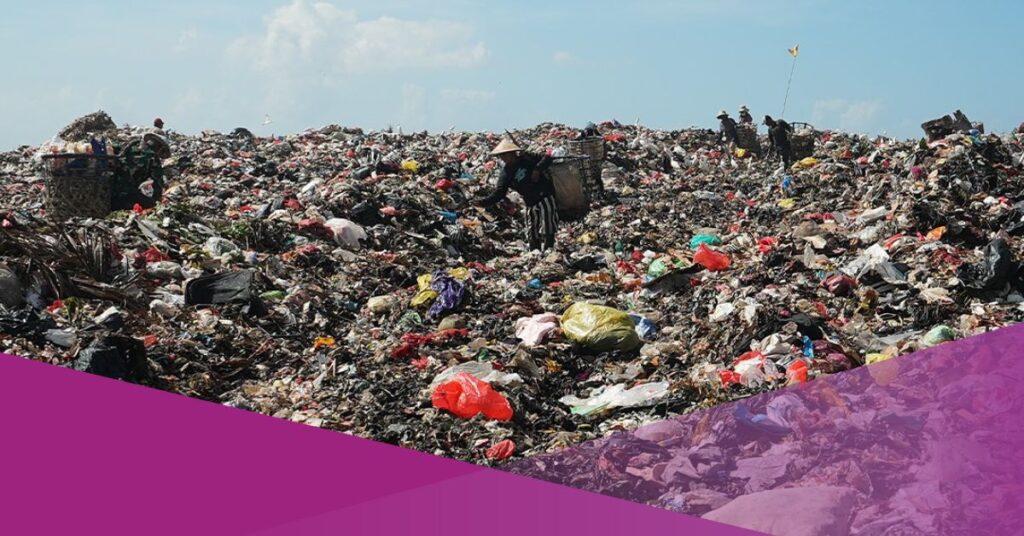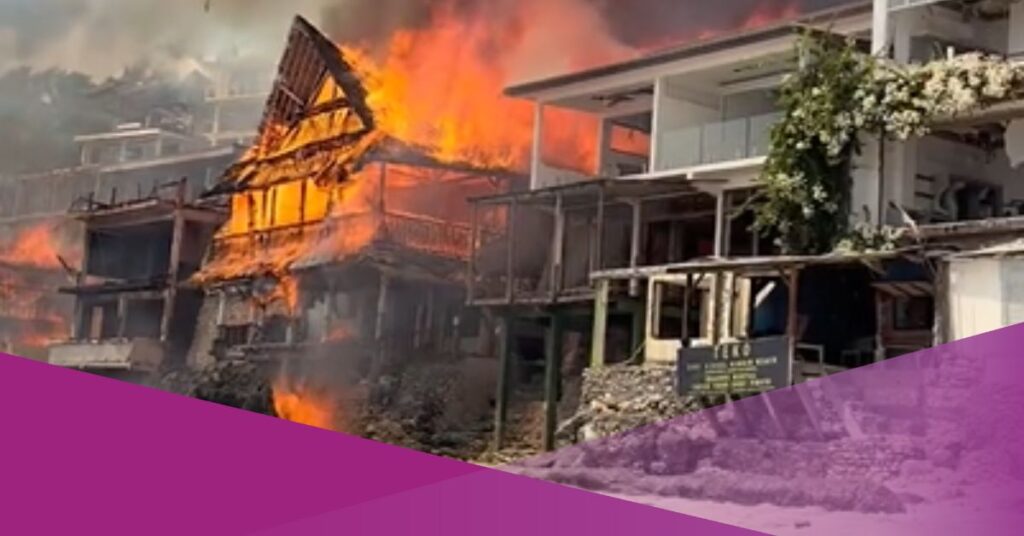The Suwung Regional Landfill in Bali will no longer accept organic waste starting 1 August 2025, as the provincial government prepares to permanently close the site by the end of December.
The 32.4-hectare facility, located in South Denpasar, has served as the island’s largest dumping ground for more than four decades.
The Regional Secretary of Bali Province, Dewa Made Indra, confirmed the decision, citing regulations requiring the end of the open dumping system.
“Starting 1 August 2025, the Suwung Regional Landfill will only accept inorganic waste and residues,” he said, as quoted by Kompas.com.
The closure process follows the Bali Governor’s Letter No. B.24.600.4/3664/PSLB3PPKLH/DKLH, issued on 23 July 2025, which was addressed to the Mayor of Denpasar and the Regent of Badung.
The measure is in line with the Minister of Environment and Forestry’s Decision No. 921 of 2025, dated 23 May 2025. The ruling imposes administrative sanctions requiring the cessation of open dumping within 180 days.
“We are obliged to follow the stages and processes outlined in the Document on the Plan to Stop Open Dumping Waste Management,” Indra explained.
Authorities have called on Denpasar City Government and Badung Regency to optimise existing waste facilities, including the Reduce, Reuse, Recycle Waste Processing Facility (TPS3R) and Integrated Waste Processing Facility (TPST).
The provincial government also urged an acceleration of the Bali Clean Waste Movement (GBBS), a ban on single-use plastics, and the adoption of source-based waste management (PSP-PSBS) across villages and traditional communities.
Mounting Environmental Concerns and Next Steps
The environmental risks of continuing operations at Suwung have become increasingly evident. Dr Luh Riniti Rahayu, Coordinator of the PSP-PSBS Working Group, noted the alarming condition of the landfill.
“The mountain of waste has reached 35 metres above a 32.4-hectare area. This is causing severe pollution,” she said. “This is an urgent super-priority programme. In other words, the waste situation is already critical.”
Head of the Bali Forestry and Environmental Affairs Department, I Made Rentin, added that the landfill remains on track for a complete shutdown by December.
He confirmed that temporary acceptance of residual waste will continue until then.
To manage potential disruption, Rentin said a monitoring post has been established at the Waste Management Unit of the Bali Environment Agency, and patrols will be intensified by the Public Order Agency (Satpol PP).
The challenge ahead lies in handling Bali’s substantial volume of organic waste, which will no longer have a final disposal site. O
fficials have suggested household and community-level composting as alternatives. Rentin acknowledged the urgency of the issue during a visit to a waste-sorting station in Braban earlier this month.
“The landfill is no longer able to take organic waste. Communities must start adapting and managing their waste at the source,” he said.
The closure of Suwung reflects a nationwide shift. The Ministry of Environment has begun phasing out open dumping across Indonesia, affecting 343 landfills.
According to ministry data, only 39 per cent of the country’s waste is processed after reaching landfill sites, whether through sanitary landfills, refuse-derived fuel, or waste-to-energy methods.
Suwung has long served as the main disposal site for waste from Denpasar, Badung, Gianyar, and Tabanan (Sarbagita).
With its closure, the success of Bali’s waste management will depend on whether local governments and residents can adapt to modern methods of recycling, composting, and sustainable practices.









































